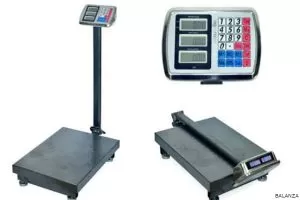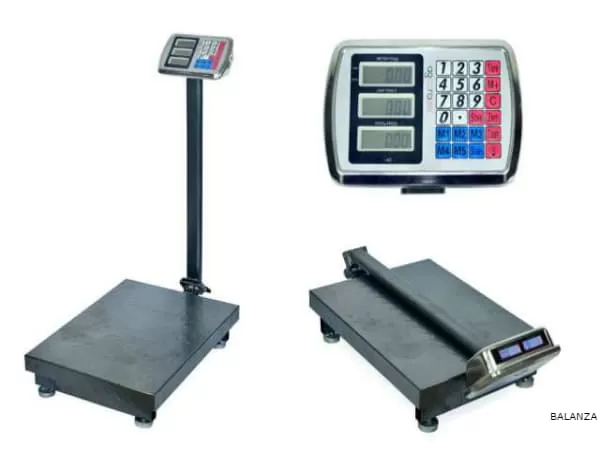It is defined because industrial scales serve a variety of purposes in countless industries, such as agriculture, laboratory, truck scales, platform scales, bench scales and platforms. Truck scales are large scales designed for weighing trucks and their contents.
Bench scales, platform scales and laboratory scales are used in a variety of industries to measure weights from several grams to several tons. Bench scales are used for portion control, package weighing, piece counting, and a variety of other purposes, and can weigh from 150 grams to 600 pounds.
Characteristics of the Industrial Floor Scale
- Economical with quality equipment
- Tolerance weighing with programmable limit values
- Introduction of the taraje
- Full range tare that can be performed repeatedly
- Memory for 99 values
- External calibration
- Easy to clean
- Powered by accumulator and 230 V mains adapter
Types of Industrial Scales
- Basic Floor Scales
- Low Profile Floor Scale
- Elevation scales
- Portable industrial floor scales
- U-scales
- High-precision floor scale
- Large capacity floor scales
Industrial Platform Scale
The platform scale is a sturdy and robust warehouse scale with a large weighing area and capacity. Ideal for industrial weighing, it works in conjunction with a selection of indicators for checkweighing and parts counting applications.
Industrial Floor Scale
Floor scales are large, flat scales that rest directly on the floor or are embedded in the floor. Built to withstand harsh environments and shock loads, floor scales are often located in the middle of a warehouse, allowing loads and forklifts to be easily accessed to get on and off the scale.
Digital Industrial Scale
They use sensors known as load cells or load cells. Conventional load cells consist of a piece of metal to which extensive metric gauges are attached. These gauges change their electrical resistance by fractionating or compressing when the metal part supporting the object’s weight is deformed. Therefore, they measure weight.
The metal is calculated to work in its elastic zone; this is what defines the operability of a cell. The adjustment of the resistances is done with a Wheatstone bridge, so that when they are fed with a voltage they deliver a voltage output proportional to the force applied to the metal (in the order of milli-volts). Low-pass electronic filters are also used to reduce the effect of high-frequency disturbances.
Industrial Truck Scale
Rugged and reliable truck scales are essential for weighing bulk products bought or sold in truck loads. These are industrial scales capable of weighing trucks of all sizes. They are often used to control input and output volumes in certain facilities such as solid waste processing and recycling plants, construction sites, etc.
The truck scale consists of the input, which can be a permanent cement installation; a truck scale or platform; the load cells, which are sensors that measure the weight; the terminal or indicator, which displays the value of the weight; and cables, which connect the load cells to the terminals. In applications that require legal approval, calibration is required at certain intervals, which are determined by the local weight and measurement authorities. Truck scales can lose accuracy over time, so regular calibration service is essential. Here you can find guides, on-line courses and technical articles about truck scales.
Parts of an Industrial Scale
- Weighing pan
- Tallimetro
- Element adjustable to the size or height of a body.
- Internal mechanism
- Counterweight
- Adjusting Screw
- Graduated scales
- Rail
- Balance Scale
How Does an Industrial Scale Work ?
In general, floor scales work the same way as regular scales. Digital floor scales require users to specify the weighing units: grams, kilograms, tons or other customized unit measurements according to their requirements. If you need to weigh a large number of items, you may need to program more specific functions, such as weight control or piece counting.
Because of their larger size, floor scales are best used in open areas where large, bulky objects can be safely handled. However, most floor scales are portable and can be stacked and stored with minimal effort.
How Can I Calibrate an Industrial Platform Scale ?
The calibration procedure may vary slightly depending on the type of industrial scale you use and whether your scale has an internal or external calibration. Floor scales with higher weight capacities will require higher capacity test weights, such as cast iron block test weights for calibration, while smaller floor and bench scales will require lower capacity weights, for example, class M1 test weights.
- Ensure that the scale is placed on a level surface and switched on.
- Make sure that nothing is on top of the scale and that a zero is shown on the display (if this is not shown automatically, you will have to reset the scale).
- Place the scale in calibration mode (this is usually found in the scale’s user settings or in the factory menu).
- Once in calibration mode, you must place the appropriate calibration weights for the weight capacity and readability of the scale on the top of the scale.
Note: larger scales generally have larger weight capacities and readability than other types of scales, therefore, if the readability of the scale starts at 1 g, then much smaller weights, for example small milligram calibration weights, may not be accurately detected by the scale.
- Using a set of approved calibration test weights, add each calibration weight individually to the scale’s weighing pan and verify that the value of the weight on the scale’s display matches the mass of the calibration weight.
- Once you have marked a weight, remove it from the pan and add a new weight, continue doing this until you have verified all the weights. (It is recommended that this procedure be performed starting with the heaviest weight and working down to the lightest.)
- Once all weights have been verified and are shown to be correct, you may return to normal weighing mode
Reference Price in Euros and Dollars of the Industrial Scales
Its price varies from 140.23 EUR or Dollars to 1,250.30 EUR or Dollars
Options on Industrial Scales
- Floor scales should be used when weighing large, heavy or bulky objects in kilograms or tons of capacity.
- Floor scales have large weighing trays and weighing capacities in Comparison with other Scale Varieties.
- Most digital floor scales can be combined with weight control indicators, livestock crushers and other supports to meet multiple weighing applications.
- Before purchasing a floor scale, consider how you plan to use the floor scale, as well as the required features, tray size and environment.
Related Products in ALPHAPEDIA

MINILAND SCALE: Prices and Offers

How to make a WOODEN BALANCE or HOME BALANCE ?
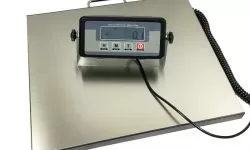
PLATFORM SCALE: Brands, Types and Prices
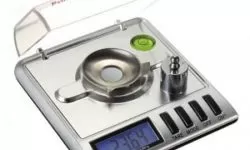
PRECISION BALANCE: Definition, Use and Types
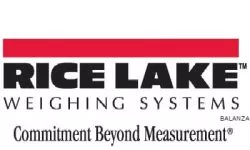
RICE LAKE SCALE: Prices, Reviews and Offers

LUGGAGE SCALE: For Travel, Handheld and Digital
About Laboratory Instruments in ALPHAPEDIA

DIAMOND KNIFE

SCALPEL MEANING

NUMAXES SCALE: Prices and Offers

ELECTRIC SCALPEL

SCALPEL PRICE: Reviews and Offers

PLATINUM WIRE: What Is It ? Its Function and Price
Other Products of Interest in ALPHAPEDIA

💚 WHAT IS THE CELL PHONE ? Features
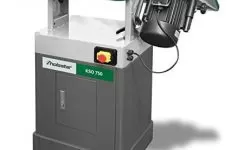
BELT SANDER for Metal, Floors and Knife Sharpening. Brands

OFFICE CHAIR: Brands and Ergonomic Models

ROMAN SCALE: What is the Roman Scale for Weighing ?

CRYSTALLIZER: Definition, Use, Function and Characteristics
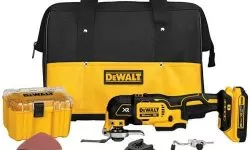
DEWALT SANDER: Great Price on Qualified Products
Industrial Scale Image
